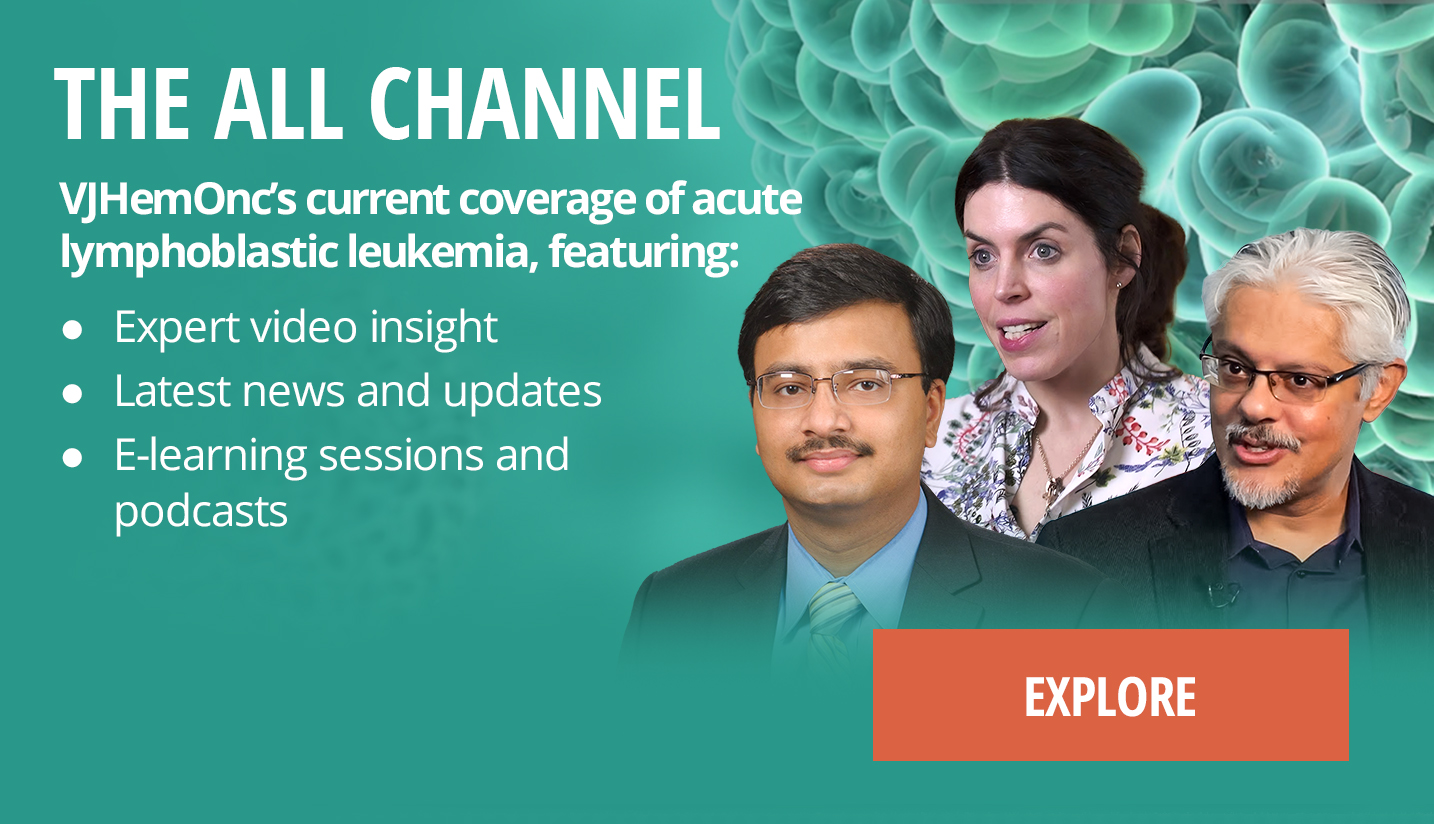This is an interesting question. You know that in Brazil we have companies that commercialize CAR-T for anti-CD19, Novartis and Kite, and for anti-BCMA Janssen. And also we have a lot of academic initiatives that are mainly in the southeast of the country, but also we have some in other parts of the country. The majority of them are academic programs using or not the project system...
This is an interesting question. You know that in Brazil we have companies that commercialize CAR-T for anti-CD19, Novartis and Kite, and for anti-BCMA Janssen. And also we have a lot of academic initiatives that are mainly in the southeast of the country, but also we have some in other parts of the country. The majority of them are academic programs using or not the project system.
We have now two clinical trials approved in our country. One is the study from University of São Paulo, Ribeirão Preto, and Butantã Institute, and another from my institution, Hospital Israelite Albert Einstein. The first one is mainly for non-Hodgkin lymphoma patients and our study in our institution is a Phase I looking for ALL, lymphoma and also CLL patients. In my hospital, we intended to recruit 30 patients until 2026, until now we have nine patients gone and just one progressive of the disease.
There are a lot of barriers in the access. The main barrier is the cost. So the products, the commercial products are approved by our regulatory agency, Anvisa, but it’s not yet approved for all patients in the country. So some patients could receive the drug by judicializing the process to get the right to be treated.
This transcript is AI-generated. While we strive for accuracy, please verify this copy with the video.















